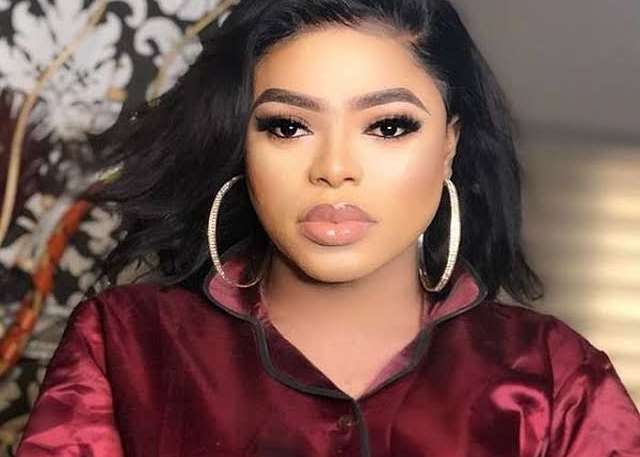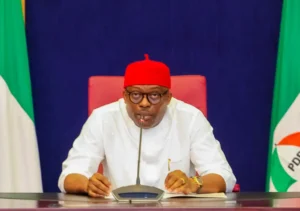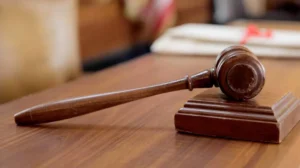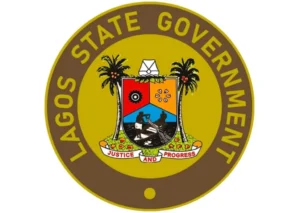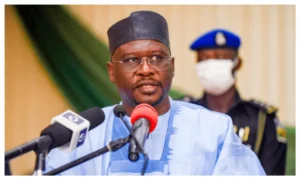Nigerian social media star and crossdresser Idris Okuneye, popularly known as Bobrisky, may be facing new criminal charges. Reports have emerged claiming that he bribed government officials to serve his jail time outside the regular prison system and avoid further legal troubles. Bobrisky’s case has sparked significant debate, touching on prison conditions, the handling of LGBTQ+ individuals in Nigeria, and calls for prison reforms.
Bobrisky was initially sentenced to six months in prison on April 12, 2024, for violating the country’s laws related to the national currency. He was released in August, but soon after, a controversial voice note surfaced. In this recording, Bobrisky allegedly claimed he paid officials from Nigeria’s Economic and Financial Crimes Commission (EFCC) to drop money laundering charges against him and paid prison officials to let him serve his sentence in a private apartment.
In response to these claims, Nigeria’s Minister of Interior, Olubunmi Tunji-Ojo, ordered an investigation, led by the ministry’s Permanent Secretary, Magdalena Ajani. According to the panel’s findings, no evidence supports that Bobrisky served his sentence outside the Kirikiri Custodial Centre. However, the panel recommended that Bobrisky face defamation charges for allegedly harming the reputation of the Nigerian Correctional Service. They also urged the Department of State Services (DSS) to look further into the bribery claims, and if verified, file additional corruption charges.
The investigation didn’t stop there. The panel also suggested disciplinary actions for four prison officers involved in Bobrisky’s case. These officers allegedly approved his transfer without proper documentation and backdated paperwork to make it appear legal.
Bobrisky’s case has drawn attention to how Nigeria’s correctional facilities handle diverse inmate needs. Activists argue that prisons should provide safe and respectful spaces for LGBTQ+ individuals and consider specialized facilities for those in vulnerable situations. Human rights lawyer Toyin Taiwo-Ojo commented on the need for Nigeria to rethink its policies on sexual orientation, especially concerning inmates.
Furthermore, many activists are calling for broader prison reforms in Nigeria. They emphasize that the country’s correctional system needs significant improvements to ensure humane treatment for all. Advocates say providing better facilities and options for non-custodial measures could reduce prison overcrowding and improve overall conditions.
Bobrisky’s case serves as a reminder of the need for respectful treatment, transparency, and accountability within the prison system.
